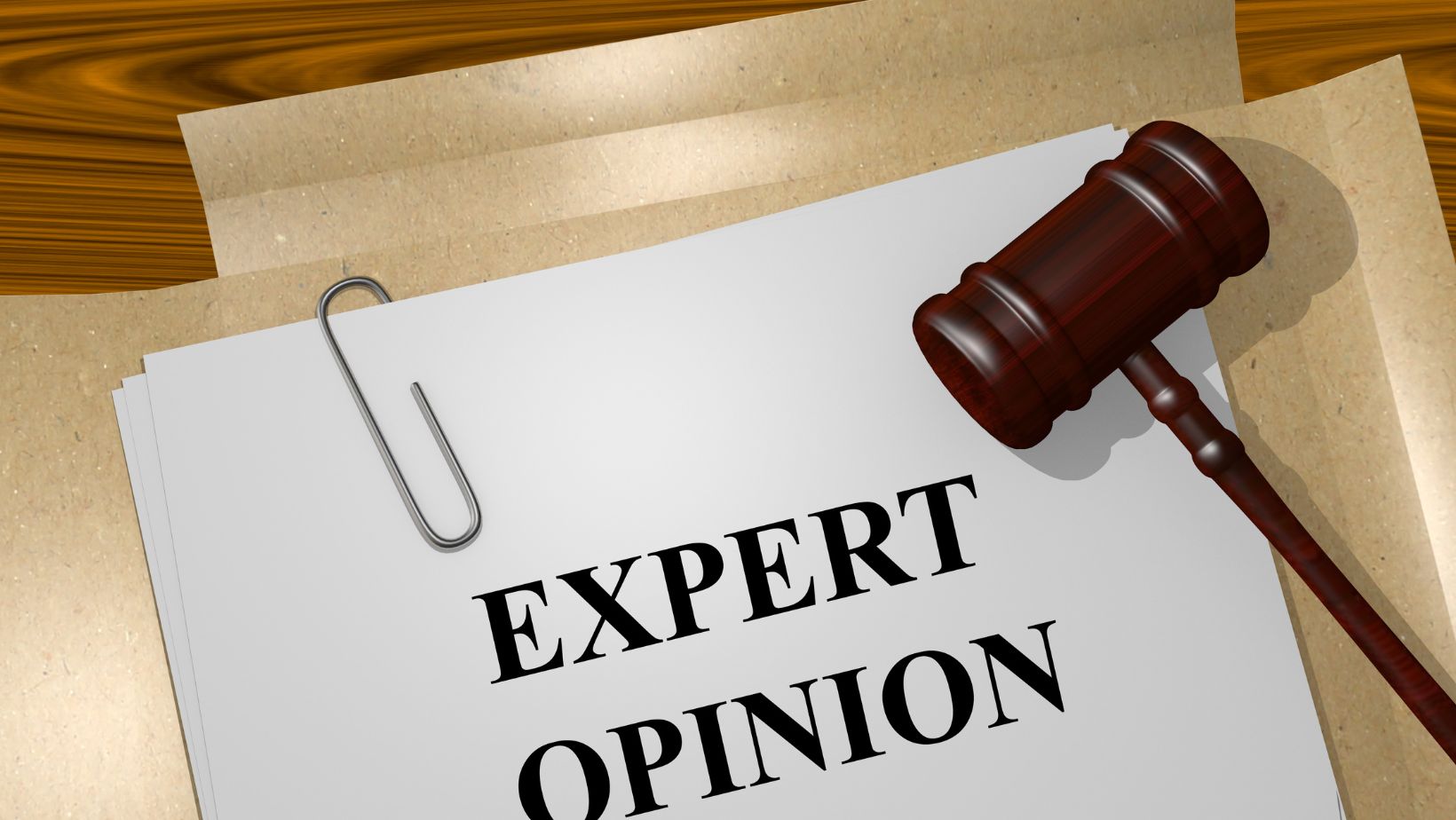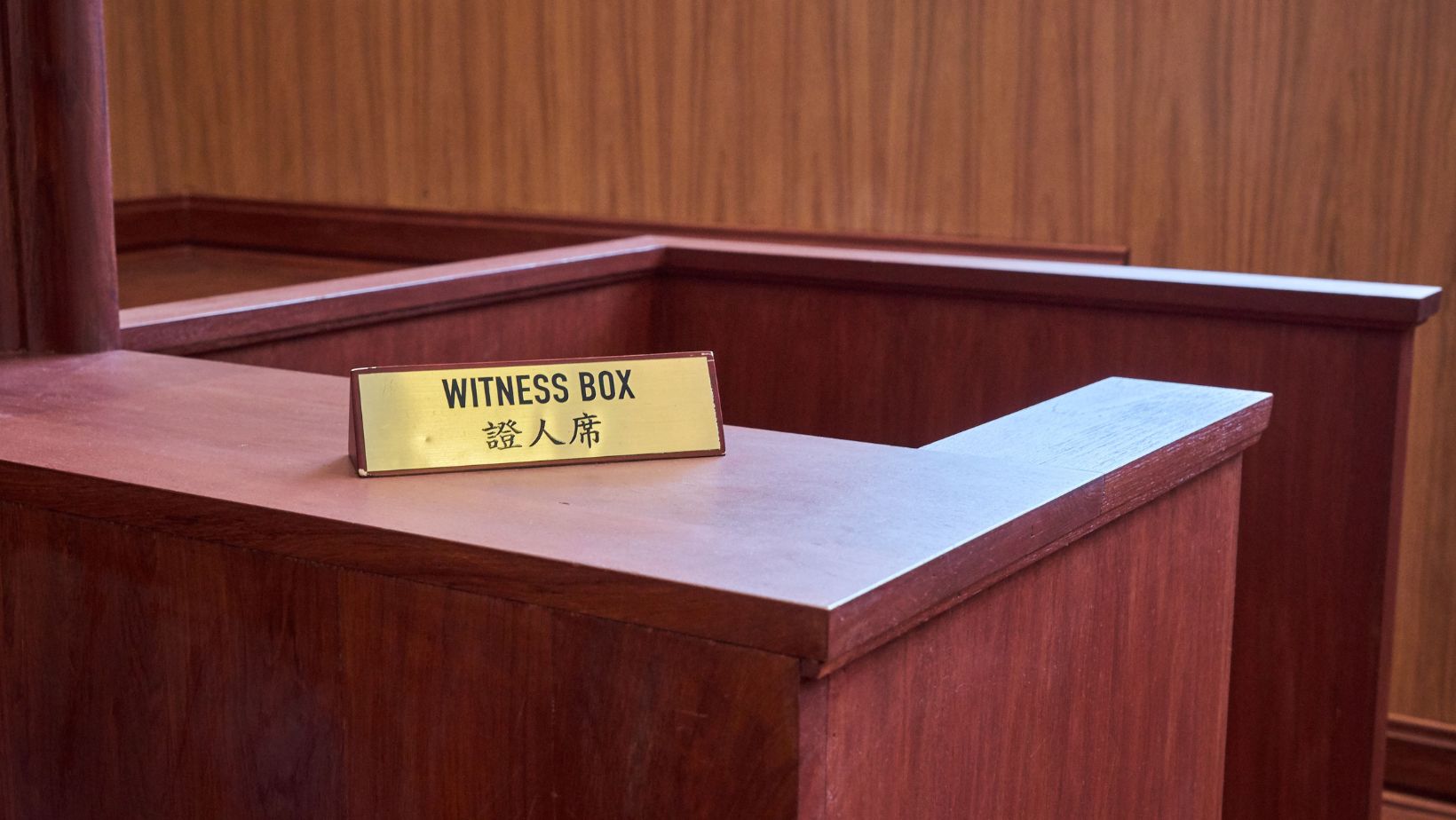Personal injury claims often raise the occurrence of complex technical or medical details that, often, a jury might not comprehend. Therefore, this brings in professional witnesses who could help in clearly explaining such areas objectively.
Through professional testimony, juries can be educated in everything from accident mechanics to long-term financial losses. However, not all professionals are created equal, and choosing the right one may make all the difference in a case’s resolution.
“In cases with significant or permanent injuries, economic expert analysts help the jury appreciate the true financial burden on the victim. By contrast, without this input, it is very hard for a jury to decide appropriate compensation based on existing losses or damages,” says John Yannone from Price Benowitz LLP.
Here are some common types of professional witnesses in Washington, DC you need to know about.
Accident Reconstructionists
Accident reconstruction professionals analyze the sequence of events in collisions and other accidents. They interpret evidence, such as skid marks, damage patterns, and road conditions, to piece together how an incident unfolded.
Such detailed breakdown assists the jury, as it brings out a more rounded version of what was happening before, during, and after the event occurred.
Reconstruction of accidents is often left to engineers because they have special training in mechanics and physics. They depend on data in making models that can accurately simulate accidents.
Financial Professionals
Assessment of damages in personal injury cases is difficult. Many times, injured victims overlook the entirety of their losses, let alone future expenses.
That is where economic professionals come in to anticipate what these costs might be in the form of lost wages, medical expenses, and reduced earning capacity. They rely on actuarial tables and financial models to derive how an injury might impact a person over some time.
Medical Experts
Medical professionals describe health-related issues in personal injury cases. They can comment on the nature of injuries, expected recovery time, and long-term impacts on a victim’s quality of life.
Their testimony can explain whether the victim was given appropriate medical care or if negligence occurred. For example, in a malpractice case, the witness may explain how another doctor would have treated the patient under similar circumstances to avoid an accident.
They can shed light on whether there is appropriate medical care or if there was negligence involved. They might testify, for example, in a case for malpractice, that another doctor would treat the patient under similar circumstances.
The typical medical professional would usually be a doctor who practices in a particular field because of their experience and proper training to speak on healthcare standards.
Professionals in Manufacturing
Product liability claims often involve complex questions regarding design flaws or defects in production. For the layperson, these can be problematic issues to understand, especially when technical details are involved.
Manufacturing professionals can help explain whether a product’s failure was related to a design error or a problem in the manufacturing process. Their analysis may indicate if the defect was isolated or part of a larger systemic problem.
Employment Specialists
When personal injuries affect one’s capacity to earn a living, vocational professionals review the victim’s employability. They look at how an injury is limiting a person’s functioning at work or impacting his employability in the future.
Vocational professionals can testify to alternative employment and earning capability where the injured party can no longer continue in their former job. This testimony often comes in and is relevant in determining the lost wages or diminished earning capacity over time.
An Attorney Can Help You Find a Reputable Expert Witness
It can be challenging to find the right expert witness in Washington, DC, without professional guidance. You need a person with relevant experience who can present clear and persuasive testimony on your behalf.
Attorneys have networks and may know which professionals will suit each case. Be it a medical professional, an accident reconstructionist, or an economic analyst, a skilled attorney can pair you with the correct professional.
Lawyers can also prepare expert witnesses to explain technical jargon in a manner that the jurors can easily understand. This way, the testimony will enhance your case and not confuse the jury.

























